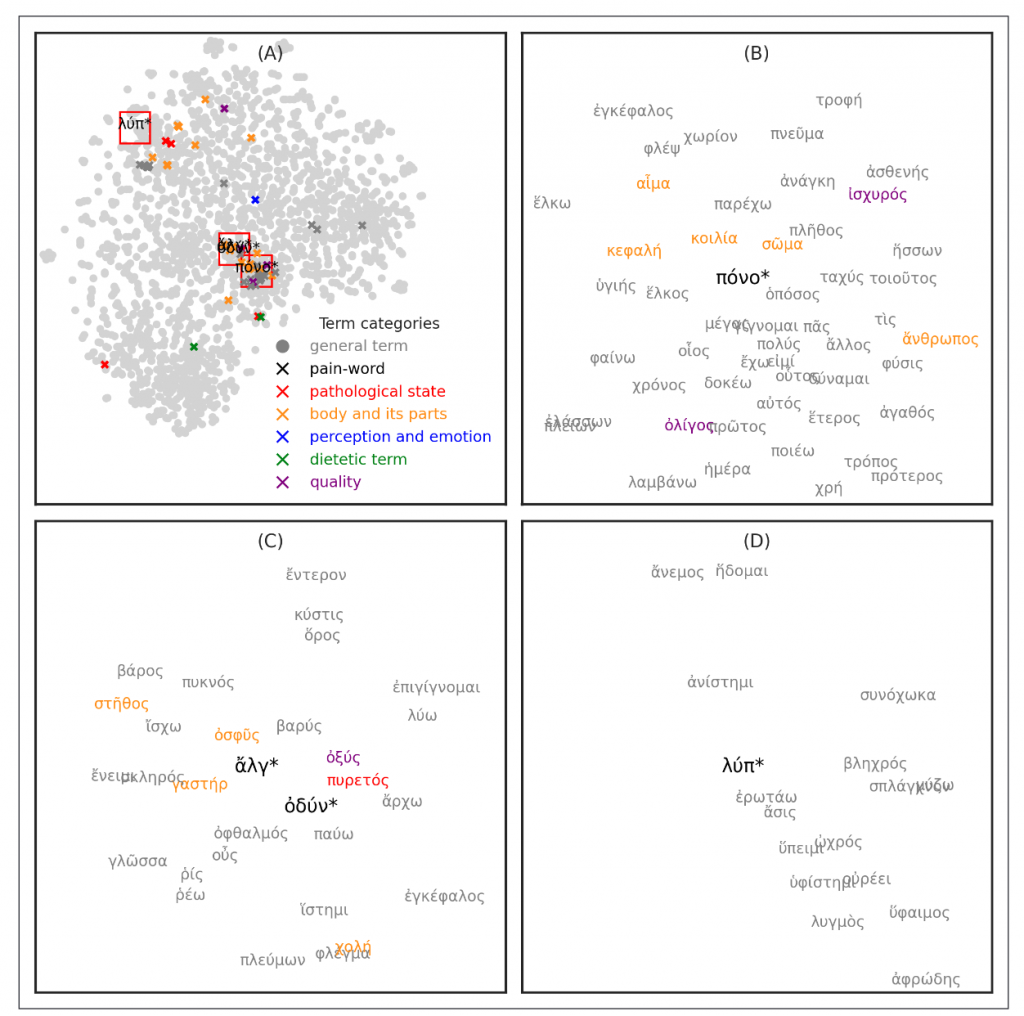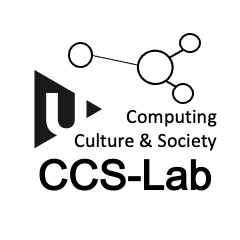Why “CCS-Lab”?
CCS-Lab is a research center at the University of West Bohemia, based at the Department of Philosophy. It aims at the following objectives:
- to advance research at the intersection of modern information and communication technologies and the human sciences (Digital Humanities, Computational Social Science, Cultural Analytics, Philosophy of AI).
- to foster transdisciplinary collaboration by dismantling traditional disciplinary boundaries.
- to enhance digital literacy and promote open science practices among students and researchers at the Faculty of Arts, UWB
Why “Laboratory”?
The idea of a laboratory is not that much concerned by equippement; it is primarily about a collaborative approach to solving of precisely defined research problems. People do not start to collaborate until they get in touch regularly. This is especially the case when such collaboration requires expertise in more than one discipline and therefore requires to move out of the comfort zone of our own discplinary paradigms.
A laboratory goes beyond the notion of a physical place dedicated to scientific exploration, becoming, instead, a widely understood project (lab as concept, initiative, and program) focused on “labbing problems” (the approach to solve problems by applying the practices of labs (Pawlicka-Deger 2020 )
The research agenda of the Lab consists of employing computatial methods in solving humanities & social science research problems. The most important methodological paradigms are:
- text-mining
- network analysis
- geographic information systems (GIS)
- agent-based modelling (ABM)
Why “Computing Culture & Society”?
This phrase aims to lump together research agendas associated with three semi-autonomous research communities: Digital Humanities; Cultural Analytics; Computational Social Science
Digital Humanities
As its distinctive feature, digital humanities are characterized by a two-way relationship between the humanities and the digital: the field both employs technology in the pursuit of humanities research and subjects technology to humanistic questioning and interrogation. While some scholars view this dual nature of DH as their strength, others incline to prefer one or the other dimension.

Cultural analytics
Cultural analytics employs computational, visualization, and big data methods for the exploration of massive cultural data, mainly of visual nature. The term was coined by Lev Manovich in 2007. After 2016, this term started to be increasingly used by other researchers, and many University programs in cultural analytics were gradually established. Journal of Cultural Analytics started to be published in 2016.

Computational Social Science
Computational social science is concerned by usage of computational methods in the study of social phenomena. In that respects, it is closely related to computational economics, computational sociology, cliodynamics and culturomics. Important methodological paradigms are text-mining, agent-based modelling and network analysis.

